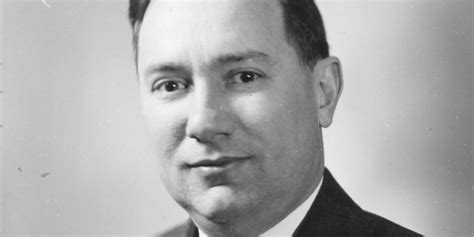A Quote by Stanley Hauerwas
Reformation names the disunity in which we currently stand. We who remain in the Protestant tradition want to say that Reformation was a success.
Related Quotes
When the Reformation became established, one of the things that was a question between Catholicism and the Reformation traditions was whether there was a hierarchy of being. If you look at Thomas Aquinas, for example, you have hierarchies of angels and all the rest of it, and hierarchies even of saints and then subsaints - people who aren't quite there, that sort of thing. The Reformation rejected all of that and created a new metaphysics, in effect, that is not hierarchical.
Get masters of families to do their duty, and they will not only spare you a great deal of labor, but will much further the success of your labors. You are not like to see any general reformation, till you procure family reformation. Some little religion there may be, here and there; but while it is confined to single persons, and is not promoted in families, it will not prosper, nor promise much future increase.
The processes of secularization that followed in the wake of the Reformation continue to work themselves out in complicated ways, not only in Europe but also in North America. To make a very long and complex story short, the success of the Reformation combined with the persistence and renewal of Roman Catholicism in the 16th and 17th centuries made Christianity into an enduring, disruptive problem in new ways, layered on top of problems that already affected late medieval Christianity.
The Protestant reformation was an attempt to recast the Christian faith in terms of the new learning of the 16th century, the enlightenment learning. It was the first time that the Christian church did not have the capacity to keep itself unified as it recast itself, so it split into Protestant and Catholic traditions.
A revolution without a prior reformation would collapse or become a totalitarian tyranny. A reformation means that masses of our people have reached the point of disillusionment with past ways and values. They don't know what will work but they do know that the prevailing system is self-defeating, frustrating, and hopeless. They won't act for change but won't strongly oppose those who do. The time is then ripe for revolution
What distinguishes the arid ages from the period of the Reformation, when nations were moved as they had not been since Paul preached in Ephesus, Corinth, and Rome, is the latter's fullness of knowledge of God's Word. To echo an early Reformation thought, when the ploughman and the garage attendant know the Bible as well as the theologian does, and know it better than some contemporary theologians, then the desired awakening shall have already occurred.



































